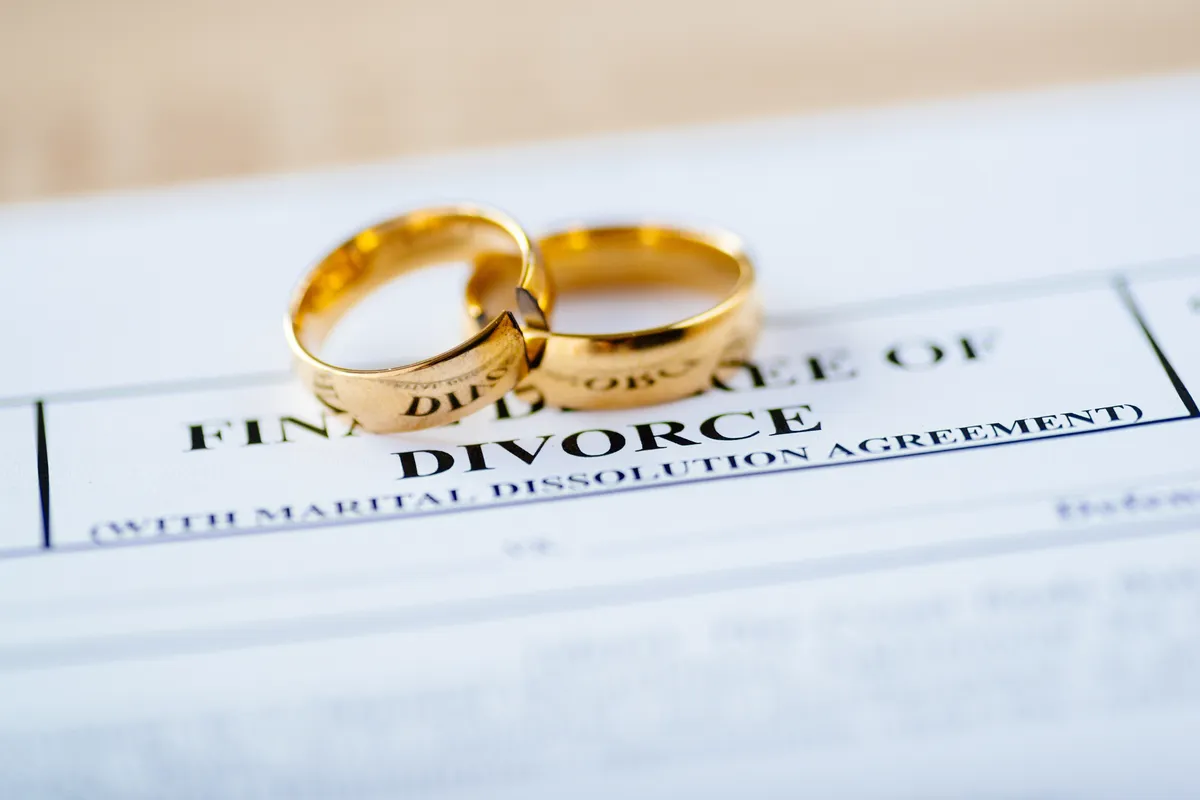Credit Management
Divorce or Breaking Up & Credit

1. Get a copy of your credit report: This will give you an idea of where you stand financially and what debts need to be paid.
2. Create a budget: As you embark on a separate life from your partner, you need to adequately plan for living on your own and/or having to pay alimony or child support.
3. Ensure your divorce settlement addresses any household debt: Property loans or credit card debt acquired during the marriage must be handled. Paying off credit card debt is critical as assets are more straightforward in legal proceedings. Depending upon the state where you're getting divorced, credit card debt may be considered community property or common law. Here's advice from Experian on that distinction.
4. Keep your credit separate from your ex: It's easy to remove an authorized user from your account, which means your former partner can do the same. Since closing or losing a credit account can cause a dip in your score, you may want to apply for new credit before you are removed or close an account.
5. Close joint accounts: If you have a joint account, you must pay it off before closing it. The account closure can negatively impact your credit history and utilization, so you may want to consider acquiring new credit before closing the joint account.
6. Use credit wisely: Don't max out your credit cards or take out loans you can't afford. In adjusting to your new life, it may be tempting to spend, but with uncertainty, saving for a rainy day may be best.
A relationship breakup can be very daunting, but following these tips may help you avoid some financial headaches that plague separation.